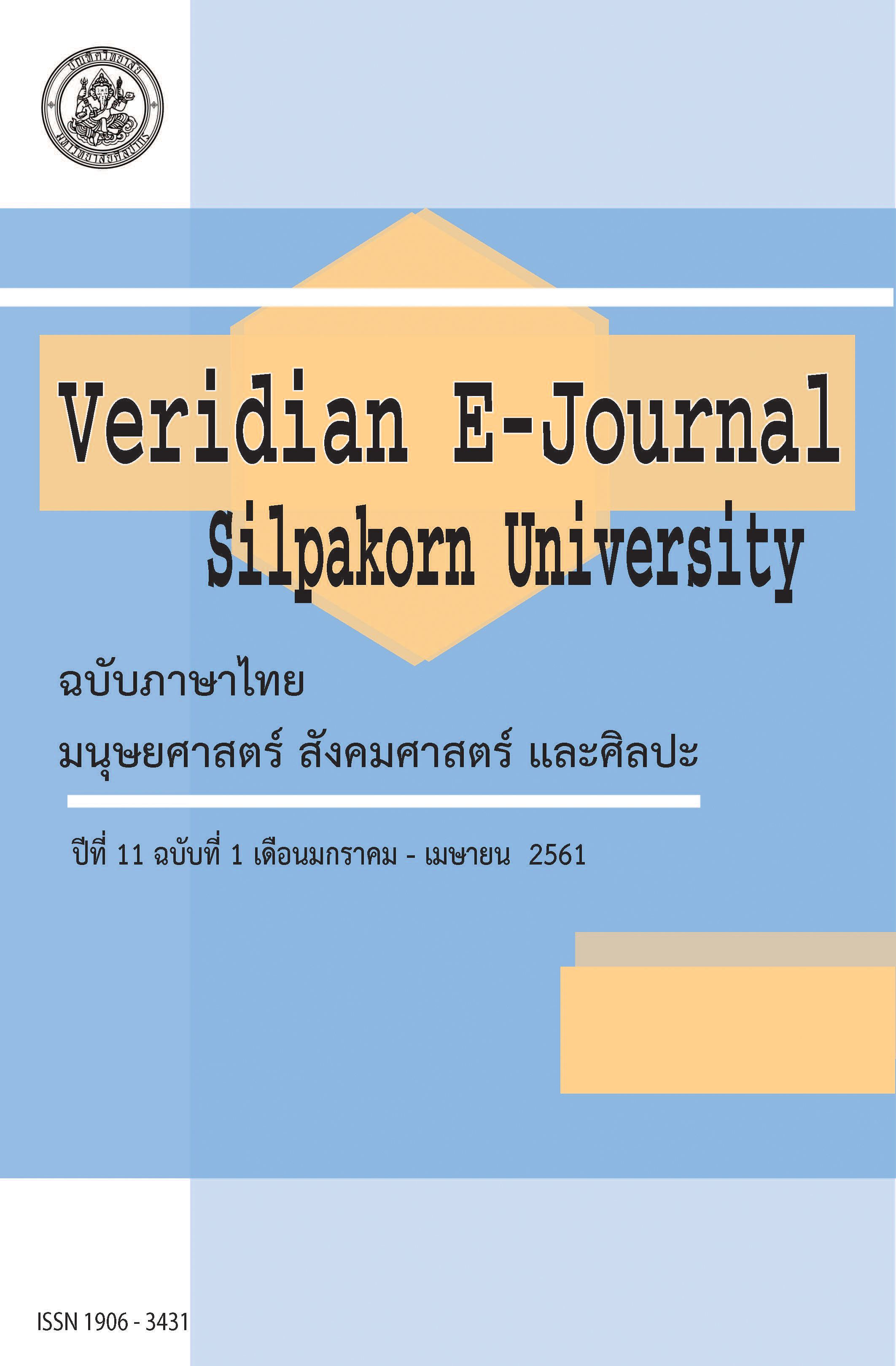ผลการทดลองใช้กิจกรรมการถ่ายทอดเทคโนโลยีดิจิทัลสำหรับโรงเรียนพระปริยัติธรรม โดยใช้เทคนิคการสอนงานแบบมีส่วนร่วม (Study the Result of the Digital Technology Transfer Activity for General Scripture Schools using Collaborative Coaching Technique.)
Main Article Content
Abstract
การวิจัยครั้งนี้มีวัตถุประสงค์เพื่อ 1) ศึกษาผลการทดลองใช้กิจกรรมการถ่ายทอดเทคโนโลยีดิจิทัลสำหรับโรงเรียนพระปริยัติธรรม โดยใช้เทคนิคการสอนงานแบบมีส่วนร่วม 2) ศึกษาการยอมรับกิจกรรมการถ่ายทอดเทคโนโลยีดิจิทัลสำหรับโรงเรียนพระปริยัติธรรม กลุ่มเป้าหมาย เป็นครูโรงเรียนพระปริยัติธรรม จำนวนทั้งสิ้น 54 รูป/คน และผู้ที่เกี่ยวข้อง จำนวน 130 รูป/คน เครื่องมือที่ใช้ในการวิจัย คือ กิจกรรมการถ่ายทอดเทคโนโลยีดิจิทัล และเครื่องมือของกิจกรรม ได้แก่ คู่มือ แบบประเมิน แบบสอบถาม สถิติที่ใช้คือ ร้อยละ ค่าเฉลี่ย และส่วนเบี่ยงเบนมาตรฐาน
ผลการวิจัยพบว่า 1) ผู้สอนงานสามารถทำได้/ปฏิบัติการใช้เทคโนโลยีดิจิทัลเพื่อการเรียนรู้ได้ด้วยตนเอง จำนวน 7 กิจกรรม สามารถทำได้แต่ต้องให้คำแนะนำ จำนวน 1 กิจกรรม ครูโรงเรียนพระปริยัติธรรมสามารถทำได้/ปฏิบัติได้ด้วยตนเอง จำนวน 6 กิจกรรม สามารถทำได้แต่ต้องให้คำแนะนำ จำนวน 2 กิจกรรม ทั้งนี้เนื่องจากเป็นกิจกรรมที่ต้องใช้เวลาในการดำเนินการ ต้องเก็บรวบรวมข้อมูลตามสภาพจริง ความพึงพอใจของครูที่มีต่อกิจกรรมอยู่ในระดับมาก ( x= 4.38, S.D.=0.57) ผลการประเมินการประยุกต์ใช้เทคโนโลยีดิจิทัลเพื่อการเรียนรู้ของครูตามบริบทของโรงเรียน ครูทำได้/ปฏิบัติได้ด้วยตนเองทุกกิจกรรม จำนวน 8 กิจกรรม และครูมีความพึงพอใจต่อการคำปรึกษาของผู้สอนงานอยู่ในระดับมากที่สุด ( x= 4.63, S.D.=0.50) 2) ผู้เข้าร่วมกิจกรรมสะท้อนผลการยอมรับและนำเทคโนโลยีดิจิทัลไปใช้เพื่อการ เรียนการสอนโดยรวมอยู่ในระดับมากที่สุด ( x =4.66 S.D.=0.48) ผลการยอมรับกิจกรรมที่จำแนกโดย เพศ และอายุ พบว่า อายุ ไม่มีผลต่อการยอมรับกิจกรรม ยกเว้น เพศของกลุ่มตัวอย่าง ผลการยอมรับกิจกรรมที่จำแนกโดย อายุ และสถานะ พบว่า อายุ และสถานะ ไม่มีผลต่อการยอมรับกิจกรรม
The purposes of the research were to 1) assess the results of the learning activities and 2) to investigate the acceptance of the activities for digital technology transfer through collaborative coaching technique. The samples were fifty four teachers of the religious education schools and 130 person involved. The research tools were the Digital Technology Transfer Activity and the tools of the activity. The statistics used were the percentage, mean, standard deviation.
The study showed that the regarding the self-study of seven learning activities, the study showed that VDO Clip was the activity which the trainees needed the advice of the trainers. The trainees were able to access six activities and study by themselves without the advice of the trainers. Whereas, the trainees were accessible two learning activities with the advice of the trainers. The overall satisfaction of the trainees with the activities of digital technology transfer was at a high level. (x = 4.38, S.D.=0.57) The trainees were able to apply eight activities for instructional purpose. The overall satisfaction of the trainees with the advice was at the highest level. (x = 4.63, S.D.=0.50) 4) The average acceptance of the trainees for the learning activities was at the highest level. ( x=4.66 S.D.=0.48) Regarding the different gender, the findings indicated that the trainees accepted significantly the activities, but the trainees regarding the different ages did not accept the activities. Lastly, the findings revealed that the ages and work statuses of the trainees did not accept the learning activities of the digital technology transfer at the .05 level of the statistical significance.

